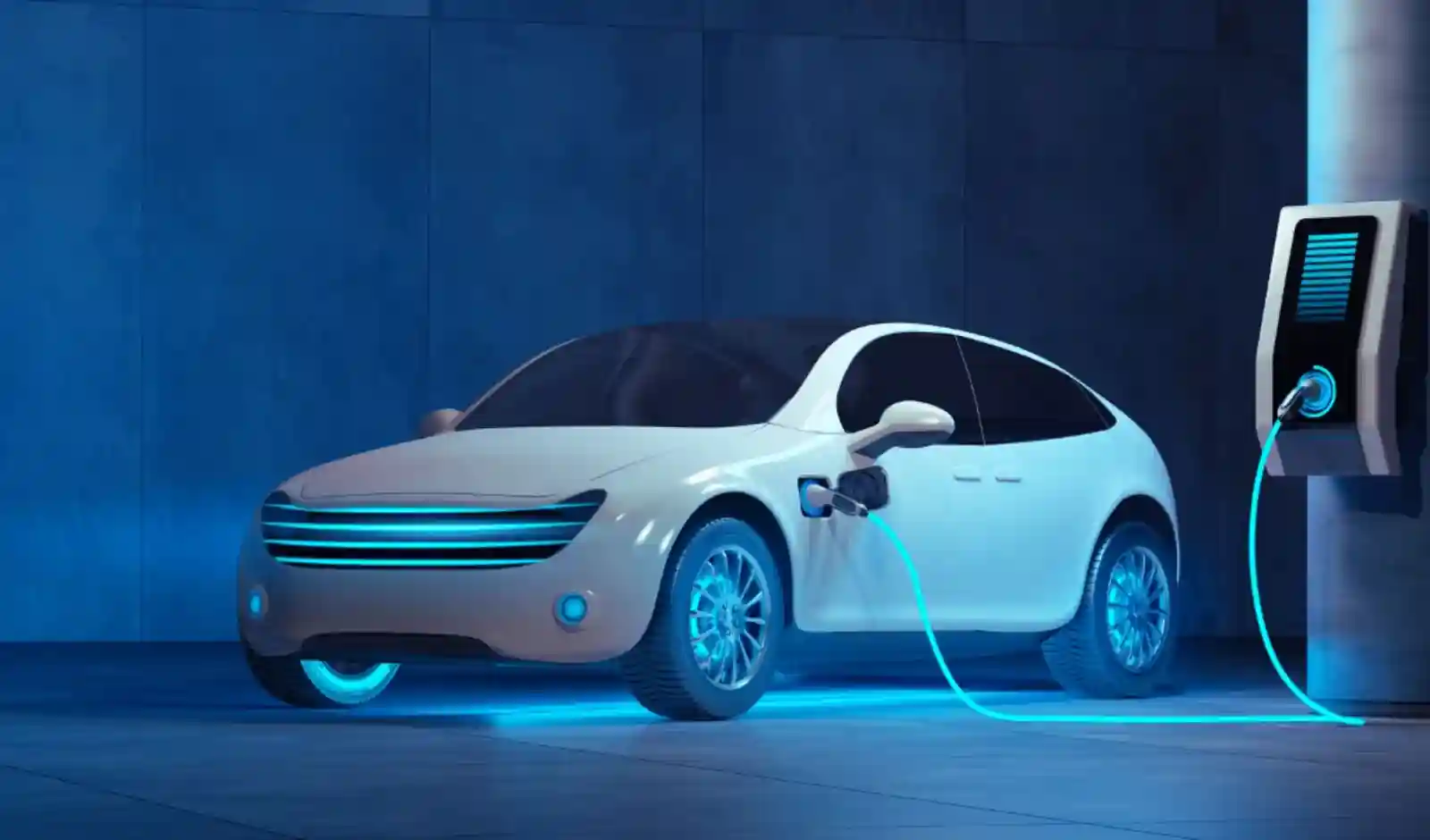
The Delhi government plans to roll out its second electric vehicle (EV) policy next year, focusing on higher subsidies, tax concessions, and better charging infrastructure, especially for two-wheeler EVs.
According to sources, the government may offer additional tax incentives for people who scrap their old petrol or diesel vehicles and purchase EVs. Officials say this dual-benefit policy will reduce pollution while encouraging greater adoption of electric vehicles.
To make EVs more accessible for delivery and gig workers, the government plans to introduce low-interest financing options and set up e-bike charging points near marketplaces and high-demand areas.
The current EV policy, originally set to expire this year, has been extended until March 2026 or until the revised policy is officially notified. The new policy is expected to be unveiled in the first quarter of 2026 after public consultations.
Currently, buyers receive a subsidy of ₹5,000 per kWh of battery capacity, capped at ₹30,000. The government is reportedly considering doubling this limit to reduce the price gap between petrol and electric two-wheelers.
Despite steady growth in EV sales, conventional petrol vehicles continue to dominate the roads. Government data shows that in 2024, Delhi registered 22,646 battery-operated vehicles and 8,684 pure EVs. In 2025, registrations stood at 5,906 and 21,963, respectively. Petrol two-wheelers, however, remain far ahead with 2.55 lakh new registrations this year.
Meanwhile, the government still needs to release pending EV subsidy payments worth ₹140 crore. Transport Minister Pankaj Singh said the dues will be cleared after verification, and a dedicated portal is being developed for this process. The Delhi High Court has also directed the government to expedite the disbursement, emphasizing that procedural delays cannot be used to withhold payments.

